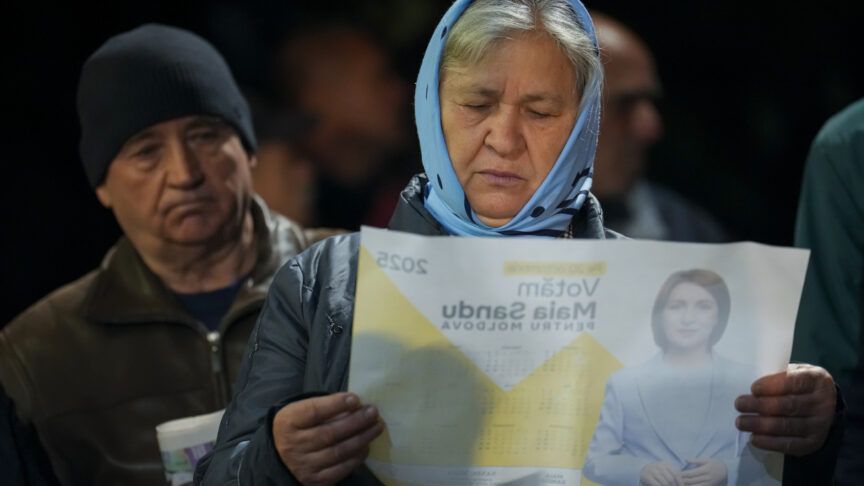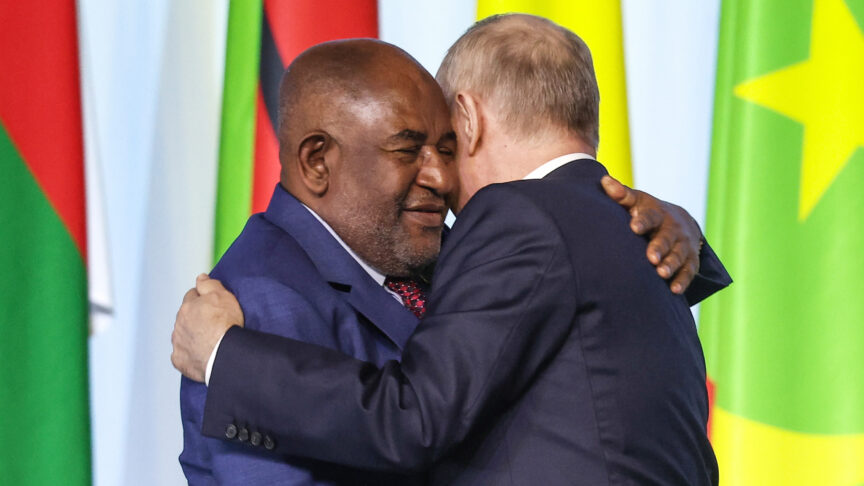Not so innocent abroad
Barack Obama’s visit to Europe could cut both ways for the American Senator and his European hosts. Honest talk about urgent and long-term issues will be crucial
Senator Barack Obama’s much-trailed visit to Europe is making the European commentariat giddy, but leaves Europe’s leaders with decidedly mixed feelings. European politicians know that getting snapped next to the Illinois Senator will boost any politician’s ratings – he is by far the most popular U.S presidential candidate in history. But embracing Obama could create problems should John McCain end up in the White House. Many will remember that John Major’s tacit support for George Bush Snr in the 1992 election created a U.S.-UK rift when Bill Clinton was elected.
And what if Barack Obama’s popularity is like a political black hole – rather than his popularity rubbing off on others, its gravitational pull might simply sap the charisma of those around him? Next to the youthful and ascetic American, France’s Nicolas Sarkozy could look like Bill Clinton: a would-be transformational politician, who, in a quest for modernity and openness, ends up de-legitimising his office in the eyes of many voters. Perhaps unsurprisingly, rumors abound that the Elysee believe – and hope – that Senator McCain will win in November.
Next to Chancellor Angela Merkel, Barack Obama may give Germany a glimpse of a “can-do” politics that the SDP/CDU coalition will probably always struggle to provide. Perhaps that is why the Bundeskanzleramt has made clear its opposition to Obama’s request to speak at the Brandenburg Gate.
But coming to Europe can go both ways for Barack Obama too. The reasons for coming are obvious. As the influential blogger Steve Clemons has pointed out, despite Senator Obama chairing a sub-committee in the U.S Congress on Europe – his only real congressional task – he has organized pitifully few sessions. Strutting across Europe’s diplomatic stage will help put pay to charges that the first-term legislator is a foreign policy naïf.
Being seen next as “Europe’s choice for U.S. President” also carries fewer risks than it did in 2004 when John Kerry’s European ancestry and – sin of sins – fluency in French worked against him. After eight years of George W Bush, to sustain bipartisan domestic support for U.S. foreign policy requires the building of strong international coalitions. And where better to begin this work than with America’s oldest allies, the Europeans.
But once in Europe, the Democratic nominee may have to back-track (again) from some of his earlier rhetoric, for example on free trade. Though he may find support in Paris for his protectionist-lite views, he will likely be met with politely-put but firmly-held arguments for freeing-up trade when he visits Berlin, London and Prague. Climate change is another potential pitfall. While Obama has backed legislative proposals and indicated a desire to engage in international negotiations, he has also shown enthusiasm for ethanol in all its forms – not a vote-winner on a continent increasingly concerned that bio-fuels have caused skyrocketing food prices.
Neither Senator Obama nor his European hosts will want a row on any of these issues, but analysts are sure to comb background briefings for any sign of a future trans-Atlantic row. The new-old wisdom is that should Barack Obama become President, hopes for a trans-Atlantic love-in will be dashed quickly. As Kori Shacke, now a McCain adviser, argues: “Europe faces the prospect of enormous disenchantment when continuities emerge in the new administration.” In other words, Democrat or not, transformational or not, Barack Obama will be an American – and Americans and Europeans don’t see eye to eye on everything. Never have. Never will.
That is why Europe’s leaders and the Democratic nominee should talk honestly about the key issues. Three urgent topics for discussion stand out: the war in Iraq, the stabilization of Afghanistan and the threat from Iran. Longer-term, the U.S and Europe will need to decide how to deal with the rise of Russia, international terrorism and how to fashion a new multilateral framework for dealing with 21st century challenges like climate change, financial crises, global pandemics and energy security. Plenty to work on, once the flashbulbs have faded.
The European Council on Foreign Relations does not take collective positions. ECFR publications only represent the views of their individual authors.


